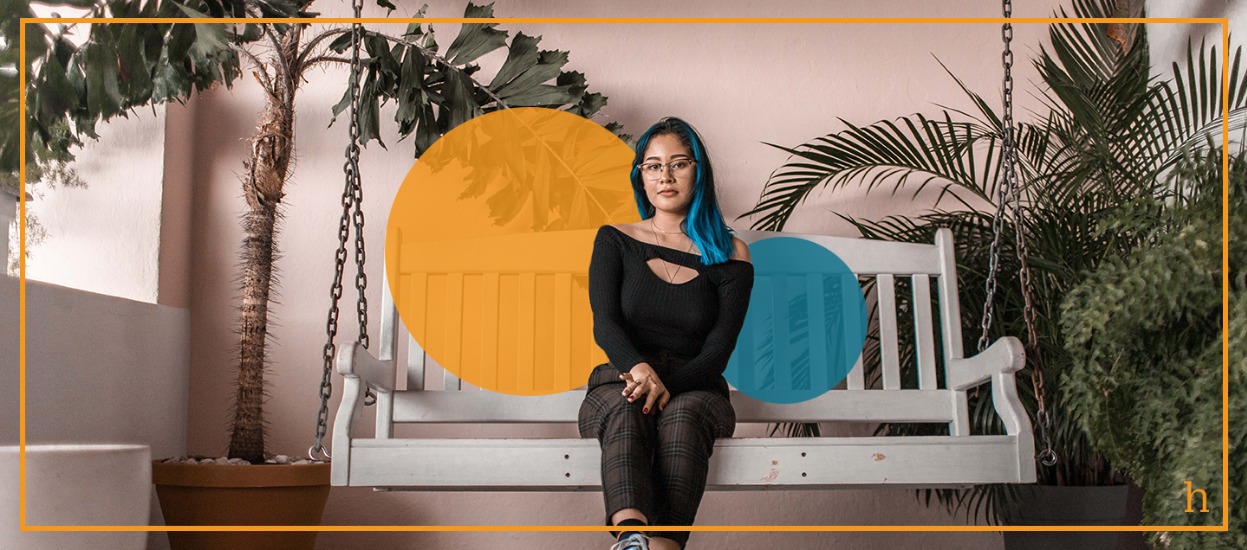The question—“what does it mean to be Latino?”—leaves a foreign taste in my mouth. There are complications with both the question and answer for me, someone whose heart is full of pride for my identity. Yet, these emotions collide with pain.
The notion of “Latino” is framed by stories that are not mine alone. The phrase “not Latino enough” has been forced upon me by those who are not cut from the same cloth, yet their words still go to my heart. And some people who share my same blood drown me in hurtful words I’d never expect from someone that identifies as I do.
Who’s the authority to say how our culture should look, sound, or feel?
The Concept of Otherness
We were forced to check “Other” on applications to mark our race or ethnic identity for years, but I am Latino. “Other” is what you say when you don’t have the patience to learn what something is in reality.
Today, the terms Latinx, Latino, and Hispanic are used incredulously by people afraid or ignorant about understanding and respecting us. This vague, abstract understanding of Latinos perpetuates racist stereotypes and disfigures the minds of those that never got to know us.
Instead, some of us in the Latino community circle “White” or “Black” on these forms. I worry that the world loses something when we are forgetful or afraid to talk about identity in all its forms. History has taught me that definitions of race and ethnicity are far more complex than these classifications. Our blood pumps with many more stories than most people will ever know.
What Does ‘Latino’ Really Mean?
Indigenous, African, and European ancestry all came together to create the beautiful collage that is “Latino.” It’s a legacy of civilizations and empires that have come and gone with time. No one could’ve imagined how the movement of people would change the world so profoundly over the centuries. As Latinos, we embody a profound sense of time and distance.
Hundreds of years of colonization and oppression leave countless wounds unhealed and many questions unanswered. North and South America are infused with a legacy of suffering that we cannot reverse. War and disease erased indigenous culture, but some survive. Slaves were stolen from Africa, and invading colonizers eventually called the New World home.
What is left are the Americas of today. These identities, Indigenous, African, and European, are more than a mix of ancestry; it’s art, music, food, and culture that tell our story.
The Consequence of Colonization
Social pressure to marry someone with “lighter” skin is a lingering consequence of colonization. Today, some Latino grandparents and parents still say to their children, “para mejorar la raza” (to improve the race), believing that darker skin and thick, black hair are less appealing for marriage.
Sadly, some people also feel that they are the judge and jury of race identities when they claim, “you’re not Latino.” The brothers and sisters who live in the US and have lighter skin or darker skin, eyes like the ocean or eyes like dark pearls, are not seen as Latino by the rest. But they share the Latino story.
Our veins burn with the same historical trauma that runs far too deep to forget. Stereotypes aren’t a choice; they’re a label, painfully nailed to our backs. Mixed blood confuses the traditional, bigoted racial spectrums. Still, we are haunted by the notion of “Other.”
So, What Does It Mean to Be Latino?
What does it mean to watch our parents work to the bone, promising us a better life? How does it feel to be told we are less Latino for not fluently speaking our home language? How does it feel to have pride so strong that we neglect our mental health? Why do we argue amongst ourselves about who is more Latino? Why must we learn US history better than everyone else? Why are we constantly questioned about what we lack instead of about what we have?
I believe that we cannot force the definition of Latino into the cookie-cutter boxes we check off. For me, Latino identity and notions of race pose more questions than answers. This is not a weakness but rather a strength—our history, language, and culture transcend racial classifications.

